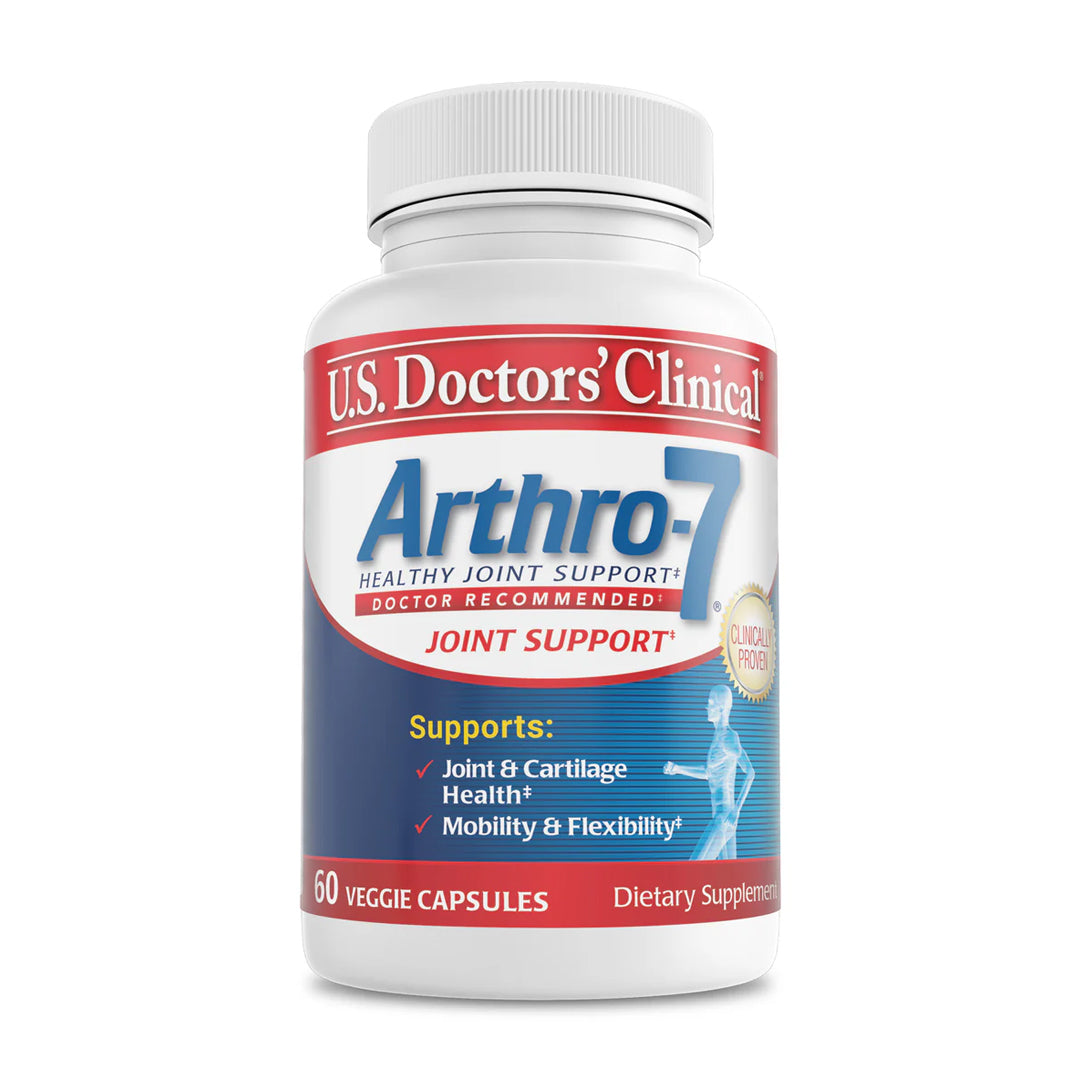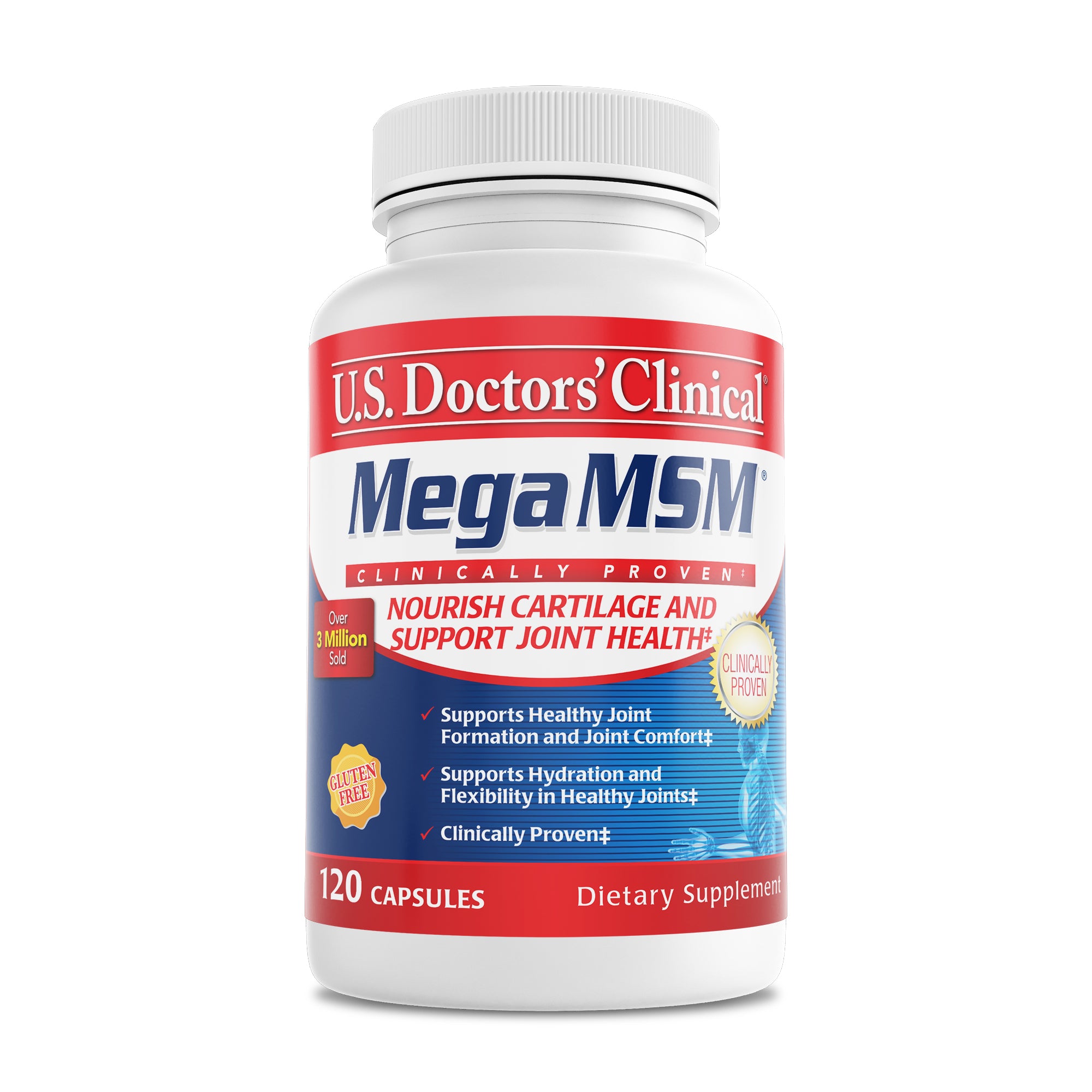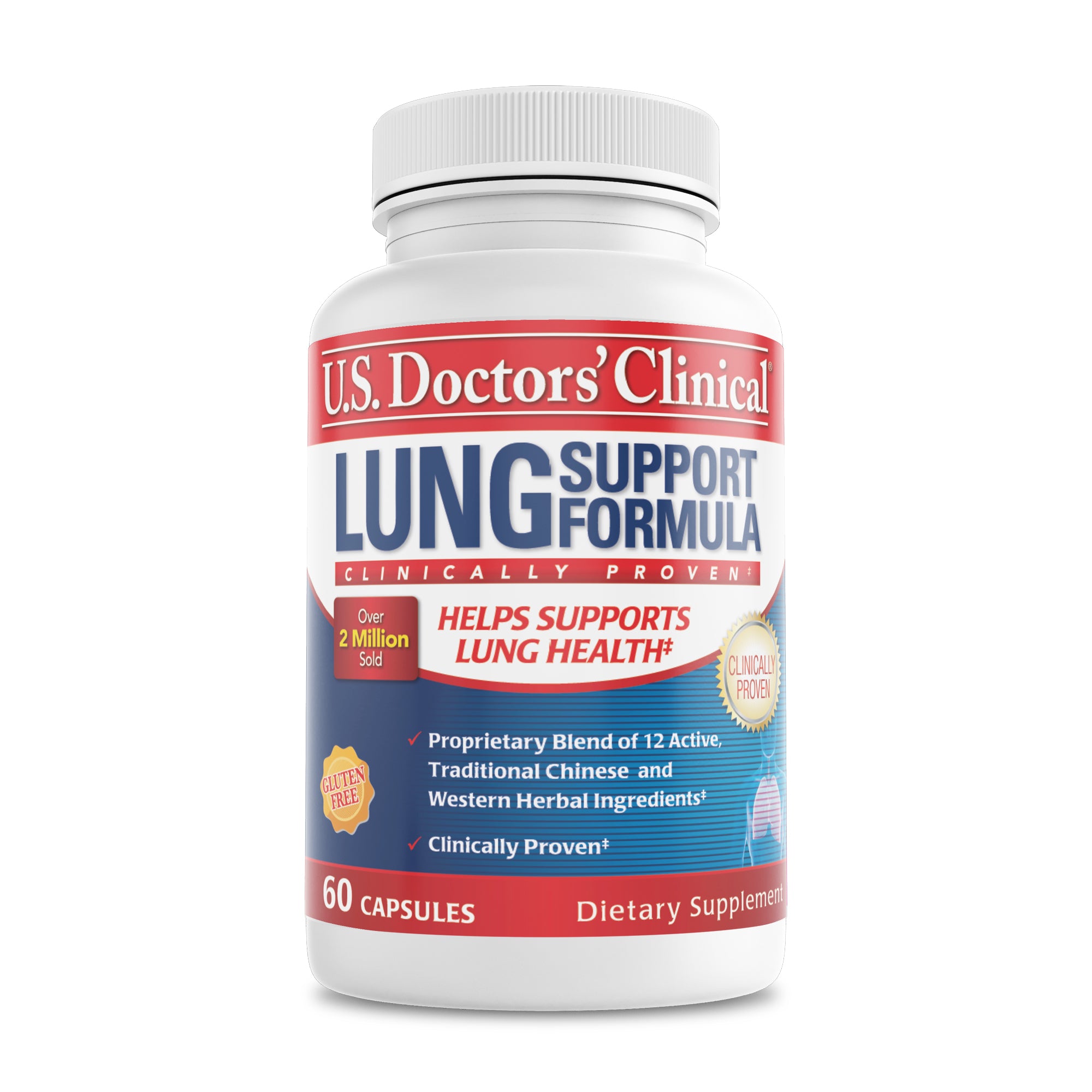5 Best And Worst Foods for Lung Health
When you think about ways to support your lung health, nutrition might not be the first thing that comes to mind. However, eating food that provides the right nutrients and antioxidants can help support normal lung function.
How Diet Influences Your Breathing
Modifying your diet could actually help you breathe easier. When your body metabolizes the food you eat, it needs oxygen to break down sugars, fibers, fats, and proteins into energy. Carbon dioxide is created as a byproduct and expelled from your body when you exhale. This is where your diet becomes very important. The amount of oxygen each nutrient needs varies, and in turn, each nutrient produces a different amount of carbon dioxide.
For example, the body produces a large amount of carbon dioxide when it breaks down carbohydrates, but it produces a small amount when it breaks down fat. As a result, some people find it easier to breathe when they eat a diet that is low in carbs and high in healthy fats.
The 5 Best Foods for Your Lungs

- High-Fiber Foods:
Beans are the gifts that keep on giving! Research has shown a high-fiber diet could support normal respiratory processes. The reason for this may be attributed to fiber’s anti-inflammatory properties or its ability to influence the bacteria in the gut. In addition to beans, reach for foods like:
- Chia Seeds
- Lentils
- Quinoa
- Pears
- Broccoli
- Peas
- Seafood
The Mediterranean diet has demonstrated benefits for lung health. Choosing lean meats like seafood can be especially beneficial because they contain omega-3 fatty acids; research suggests these healthy fats could encourage normal lung function. Salmon, oysters, and anchovies are rich in omega-3 fatty acids and include nutrients like zinc, selenium, B vitamins, and iron.
- Berries
Blueberries and strawberries contain several pigments called anthocyanins that have been shown to support lung health.
During a study of 839 veterans, those who ate 2 or more servings of blueberries per week slowed the decline of their lung function by up to 38%, compared to those who ate fewer or no blueberries.
- Tomatoes
Tomatoes are full of lycopene, an antioxidant that gives red and pink fruits their color. Lycopene has been known to help support normal oxidative processes. Enjoy fresh tomatoes, tomato puree, and sun-dried tomatoes to reap the benefits of lycopene.
- Beets
When in doubt, just “beet” it. From its green top to its root, the beet is full of nutritious compounds that can help support the lungs. The beetroot and beet greens contain nitrates that can benefit lung function.
Beetroots get most of the attention, but beet greens are nothing to snooze on – they contain antioxidants and nutrients like magnesium, potassium, and vitamin C.
The 5 Worst Foods for Your Lungs

- Salty Foods
Adding a little seasoning to your food is okay, but going overboard on salty foods could cause your body to retain fluid. Restaurants typically cook with a significant amount of sodium and many packaged foods contain more sodium than you’d expect as well. Make sure to read the labels on packages before you purchase them. Some of the worst offenders are frozen pizzas, canned soups, and chips. When looking at the serving size, aim for less than 140 milligrams of sodium.
- Processed Meats
Processed meats like deli meat, sausage, and bacon contain nitrites and high levels of sodium that can negatively affect the lungs. They are also high in saturated fat, which is generally considered an unhealthy fat.
- Soda
Carbonated drinks can cause bloating and gassiness, which can make it more difficult to breathe. Try swapping out your usual lunchtime soda for a flavored water, herbal tea, or natural juice.
- Fried Foods
Although they taste good going down, they don’t always feel good when they settle. Fried favorites like French fries and donuts are high in saturated fat, and because fats are more difficult for your body to digest, it takes longer – as long as 40 hours! The result is uncomfortable gas, heartburn, and bloating. Fried foods can also negatively impact your waistline, making your heart and lungs work harder. We suggest opting for baked versions of these foods instead of fried when possible!
- Refined Carbohydrates
When a grain has been refined, it’s been stripped of most of its nutrients and fiber. Refined carbs are less nutritious, more difficult for the body to process, and able to interfere with normal inflammation responses.
However, not all carbs are the same. Complex carbs, like whole grains, fruits, and vegetables, are essential for energy and normal body processes. They contain vital nutrients that lungs need for optimal function.
As always, this advice is subjective and a doctor or nutritionist will be better able to determine what dietary changes are right for you!
Sources:
- Garcia-Larsen, Vanessa et al. “Dietary antioxidants and 10-year lung function decline in adults from the ECRHS survey.” The European respiratory journal vol. 50,6 1602286. 21 Dec. 2017, doi:10.1183/13993003.02286-2016 https://www.ncbi.nlm.nih.gov/pmc/articles/PMC5739275/
- American Lung Association. “Asthma and Nutrition: How Food Affects Your Lungs.” 2018. https://www.lung.org/blog/asthma-and-nutrition#:~:text=Eating%20the%20right%20foods%20and,cases%2C%20help%20minimize%20asthma%20symptoms.
- BMJ Specialty Journals. "Mediterranean Diet Halves Risk Of Progressive Lung Disease." ScienceDaily. ScienceDaily, 15 May 2007. https://www.sciencedaily.com/releases/2007/05/070515074923.htm
- Hanson, Corrine et al. “The Relationship between Dietary Fiber Intake and Lung Function in the National Health and Nutrition Examination Surveys.” Annals of the American Thoracic Society vol. 13,5 (2016): 643-50. doi:10.1513/AnnalsATS.201509-609OC https://pubmed.ncbi.nlm.nih.gov/26783997/
- Newman, Tim. “Dietary fiber and lung health: eat well, breathe easy.” Medical News Today. 2016. https://www.medicalnewstoday.com/articles/305585
- Pallo, Susanne. “Omega 3 Fatty Acids and Bacterial Lung Infections Associated with COPD.” The University of Rochester Medical Center. 2016. https://www.urmc.rochester.edu/news/story/omega-3-fatty-acids-may-reduce-bacterial-lung-infections-associated-with-copd
- Kubala, Jillian. “The 20 Best Foods for Lung Health.” Healthline. 2020. https://www.healthline.com/nutrition/lung-cleansing-foods
- Mehta, Amar J et al. “Dietary anthocyanin intake and age-related decline in lung function: longitudinal findings from the VA Normative Aging Study.” The American journal of clinical nutrition vol. 103,2 (2016): 542-50. doi:10.3945/ajcn.115.121467 https://www.ncbi.nlm.nih.gov/pmc/articles/PMC4733262/
- Petre, Alina. “Lycopene: Health Benefits and Top Food Sources.” Healthline. 2018. https://www.healthline.com/nutrition/lycopene
- Riley, Shantal. “7 Foods That Can Trigger COPD Flares.” Everyday Health. 2021. https://www.everydayhealth.com/copd-pictures/foods-that-worsen-copd.aspx
- Bjarnadottir, Adda. About Refined Carbs. Healthline. 2017. https://www.healthline.com/nutrition/why-refined-carbs-are-bad
- Monaco, Emily. “These Are the Worst Foods for Your Lungs.” Eat This, Not That. 2020. https://www.eatthis.com/lungs-worst-foods/#:~:text=Simple%20carbohydrates%20like%20refined%20flours,of%20the%20lungs%20to%20metabolize





